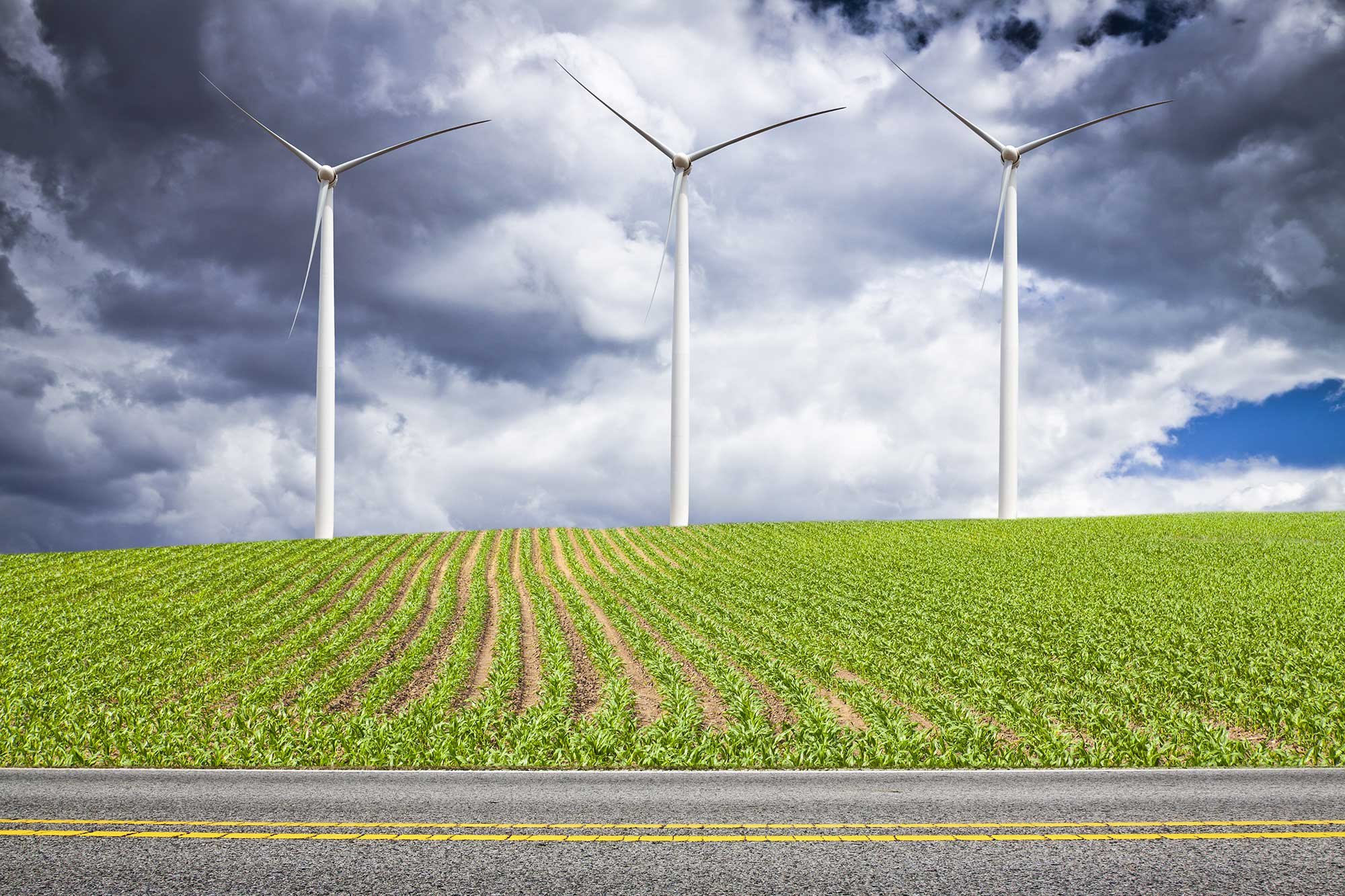How Can Renewable Energy Reduce Costs for Farmers?
The UK agriculture sector is experiencing a paradigm shift. As the world faces the challenges of climate change, the need for sustainable practices becomes more urgent. Fortunately, renewable energy offers a promising solution, especially for farmers.
By harnessing the power of the sun, wind, and organic waste, farmers can not only reduce their carbon footprint but also significantly cut costs. In this blog post, we will explore how renewable energy can help UK farmers save money, enhance their operations, and contribute to a greener future.
The Power of Renewable Energy in Agriculture
Renewable energy technologies, such as solar panels and wind turbines, can generate clean electricity directly on the farm. This local energy generation can offset emissions from other farming activities, making the overall operation more sustainable.
But the benefits don't stop at the environmental impact. By generating their own power, farmers can reduce their reliance on the national grid, leading to substantial savings on energy bills. Moreover, renewable energy can provide a secondary income stream, as surplus energy can be sold back to the grid or local communities.
Case Study: North Farm's Microgrid Solution with Energy Oasis
North Farm, a forward-thinking farm in Northamptonshire, understood these benefits and turned to Energy Oasis for a renewable energy solution. We worked closely with North Farm to create a microgrid system that harnesses solar power to meet a significant portion of the farm's energy needs.
This microgrid solution has improved North Farm's energy resilience and security, reducing its dependence on the national grid. The result? Lower energy costs, a reduced carbon footprint, and an additional income stream from selling excess power back to the grid.
Solar Energy: A Good Fit for Farms
Around 40% of UK farms have already invested in renewable energy solutions, and solar energy is particularly well-suited to the farming sector. Solar panels can be installed on farm buildings with minimal disruption to daily operation. They also require little maintenance and can provide a steady supply of power for decades.
Solar energy can help farmers make significant steps towards reducing emissions, an increasingly important factor in today's environmentally-conscious world.
Take Action Now!
The benefits of renewable energy for farmers are clear: cost savings, environmental stewardship, and income diversification. At Energy Oasis, we're committed to helping UK farmers realise these benefits. Our team of experts can guide you through every step of the process, from initial consultation to system installation and maintenance.
Don't get left behind in the renewable energy revolution. Contact Energy Oasis today to learn how we can help your farm become more resilient, sustainable, and profitable.


